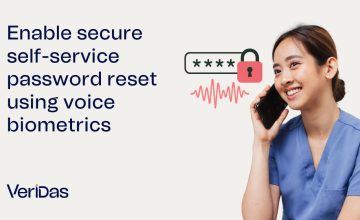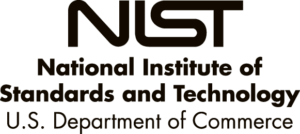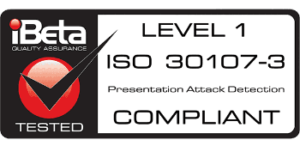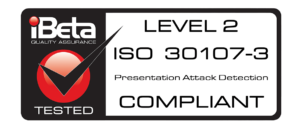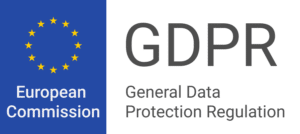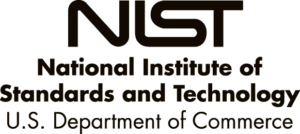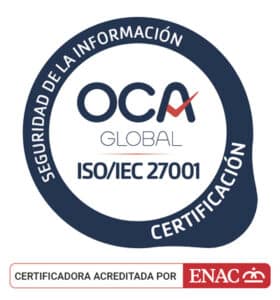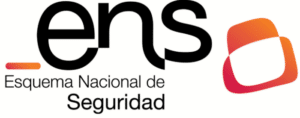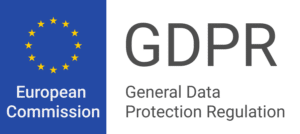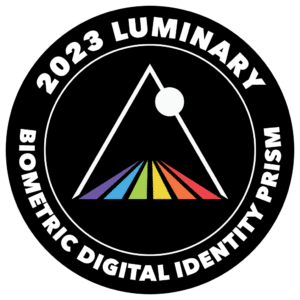"Luke, yo soy tu padre"
¿Quién no ha tratado de imitar alguna vez la archiconocida frase que dirigía Darth Vader al joven Luke Skywalker en el Episodio V de Star Wars? ¿Quién no tiene en su memoria el tono y timbre exactos que utilizaba este famoso personaje al hablar? ¿A quién no le viene a la cabeza la figura de Constantino Romero y su fantástico doblaje de Darth Vader cuando piensa en voces que han permanecido en nuestra memoria?
La voz es, sin lugar a dudas, el principal medio de comunicación del que disponemos las personas. Una herramienta de incalculable valor, tan poderosa y frágil al mismo tiempo. ¿Cómo sino seríamos capaces de reconocer a personas con solo unos pocos segundos de conversación telefónica, sin la necesidad de verlas?; y a la vez, ¿con qué facilidad olvidamos la voz de aquellos que ya no están entre nosotros mientras recordamos con facilidad sus rasgos faciales?

En una sociedad saturada de estímulos en forma de imagen, la voz se ha convertido en la herramienta que utilizamos cuando de verdad queremos generar un vínculo profundo; cuando queremos lograr una relación de mayor confianza en nuestras relaciones personales. Cuando de verdad importa lo que queremos decir tratamos de vernos personalmente o llamamos por teléfono, en vez de escribir un Whatsapp, un SMS o un mail.
La voz también nos hace seres individuales e irremplazables, habiendo sido tradicionalmente uno de los elementos claves que permitía reconocer y tener la certeza de que solo tú eras tú.
Nuestra voz es irremplazable, al igual que lo puede ser nuestra huella dactilar o nuestra cara, siendo son los únicos elementos de identificación personales e intransferibles. No ha sido hasta la consolidación de la biometría de voz como herramienta fiable, precisa y segura, cuando esta capacidad de identificarnos con el solo uso de nuestra voz ha llegado también al mundo virtual.
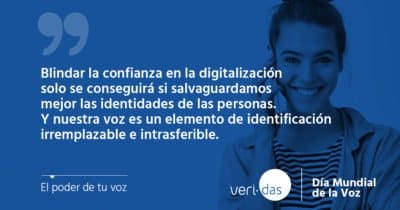
Gracias a los desarrollos tecnológicos más innovadores, entre los cuales se encuentra sin duda los avances en biometría, la sociedad está pudiendo empezar a devolver la confianza a un entorno digital que viene sufriendo ataques muy significativos a su credibilidad. Es la biometría, utilizada para verificar digitalmente la identidad de las personas, la que nos permite pasar de la presunción a la certeza a la hora de corroborar que las personas con quienes interactuamos digitalmente realmente son quienes dicen ser. ¿Como sino podría haber confianza sin certeza? Blindar la confianza en la digitalización solo se conseguirá si salvaguardamos mejor las identidades de las personas.
De esta manera, y con el máximo respeto a las leyes que regulan la privacidad y derechos de toda la ciudadanía, podemos proteger más y mejor nuestra identidad. La imparable eliminación de todas las barreras entre lo físico y lo virtual hace imprescindible defender nuestra auténtica identidad también digitalmente.
La voz está de moda y, especialmente en el entorno digital, ha venido para quedarse. No solo por los evidentes progresos en seguridad (¿qué otra manera si no hay mejor de certificar una identidad que corroborar que es su misma voz?), en detección de fraude (¿cómo podríamos sino detectar que una voz no es real?) o en optimización de costes (¿con qué otra tecnología podríamos eliminar todo el tiempo dedicado a autenticar usuarios en cada llamada?); sino por las palpables mejoras en la experiencia que tendremos como usuarios de compañías telefónicas, energéticas o de movilidad entre muchas otras.
Hoy 16 de abril celebramos el Día Mundial de la Voz, una jornada que nos invita a cuidar nuestra gran herramienta de comunicación. Salvaguardemos nuestra voz para proteger nuestra identidad y disfrutar de una mayor seguridad y libertad en nuestro día a día. La voz empodera ideas, pero sobre todo, personas.







